Nature reports
Page 19 of 76 - 753 Results
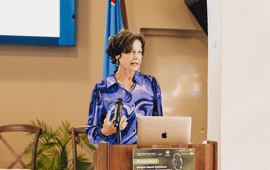
Professor Jacintha Ellers, a keynote speaker at the Dutch Caribbean Nature-Based Solutions Symposium, discussed the evolving nature conservation perspective and the urgent need for eco-centric strategies amid climate challenges...
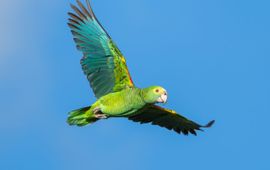
Fundacion Parke Nacional Aruba (FPNA) today announced the reintroduction of the locally extinct yellow-shouldered amazon, also known locally as ‘Lora’, back into Aruba’s nature...

In the symposium on Nature-Based Solutions for Ecosystem Restoration hosted by the Dutch Caribbean Nature Alliance and Fundacion Parke Nacional Aruba, Dr. Lawrence Jones-Walters of Wageningen University highlighted the NL 2120..
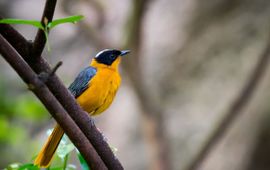
In a revelatory exploration of biodiversity, a recent study has exposed the universal principles governing the dominance and rarity of species across ecosystems. The researchers unveil that a mere few percent of all species wield..

On the mudflats along the Chinese coasts where non-desctructive forms of aquaculture are practiced, shorebirds like knots and bar-tailed godwits are doing relatively well. “The culturing of shellfish is by no means a way of nature..

During the Nature-Based Solutions for Ecosystem Restoration Symposium, Arno Verhoeven showcased a number of flourishing Nature-Based Solutions ongoing within the Dutch Caribbean. From community-driven endeavors in St. Eustatius to..
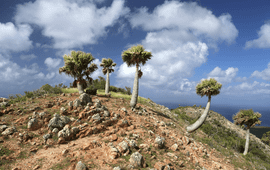
Scientists from CARMABI and Wageningen University and Research made a groundbreaking discovery this week: a previously unknown population of the Curaçao Kabana palm on the eastern slope of the Christoffelberg. These palms are..

The Dutch Caribbean Nature Alliance and Fundacion Parke Nacional Aruba recently hosted a symposium on 'Nature-Based Solutions for Ecosystem Restoration', providing a platform for experts like Arxen Alders to share insights...
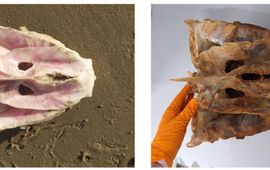
Naturalis' free question service helps young and old to name finds from nature. Each year, we receive about 2,500 questions and this year even more than 3,000. What were the most surprising nature questions of 2023?..

Caribbean islands are not just picturesque destinations, they are also home to remarkable natural wonders. Natasha Silva, Chief Conservation Officer of Fundacion Parke Nacional Aruba, recently shed light on the conservation..
